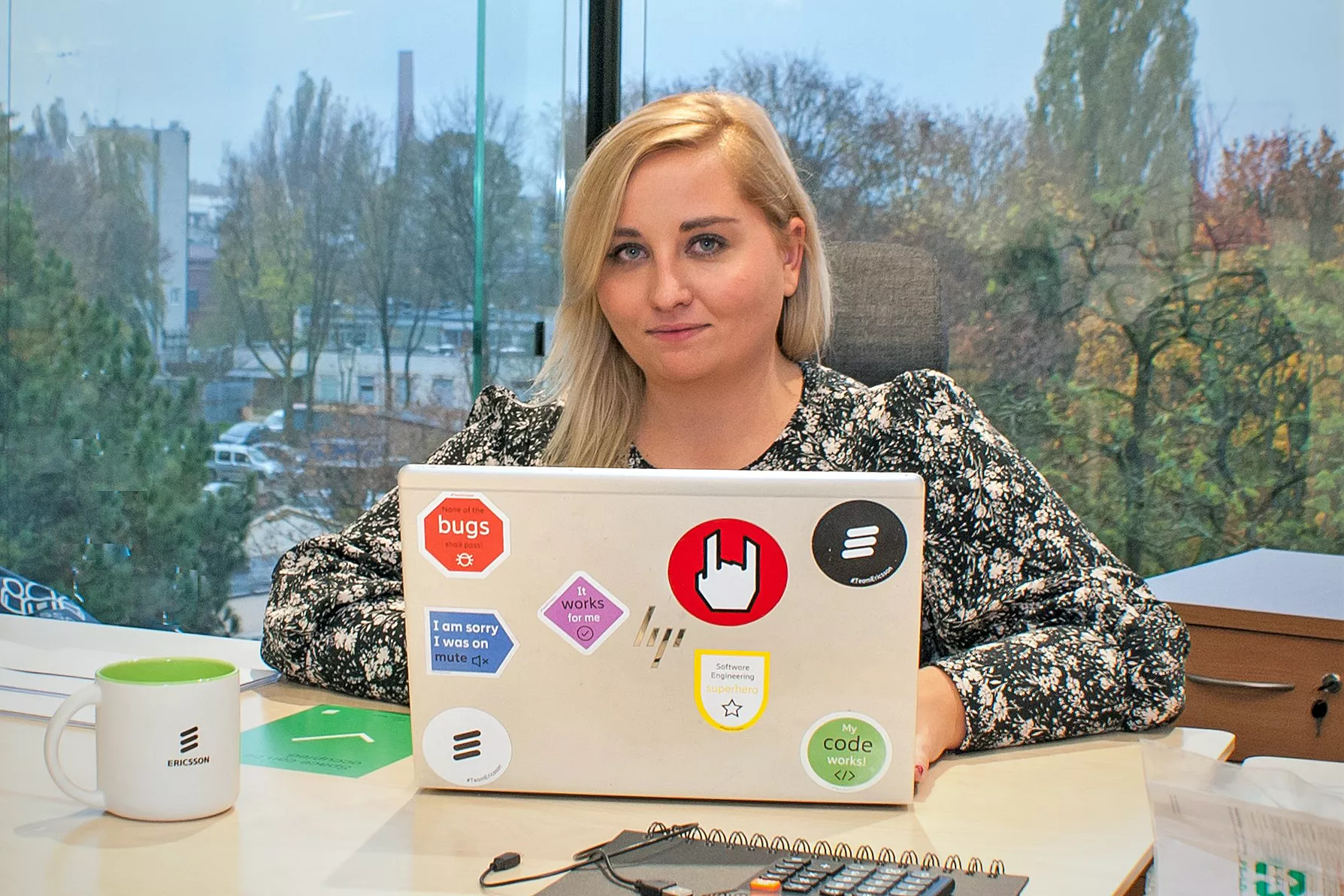From 2G to 5G - Sylwia Kobus, a graduate of the Faculty of Electrical, Electronic, Computer and Control Engineering travels through technology on a wave of progress. For the past four years, she has been involved in implementing the latest global solutions. Today, she talks about her contribution to improving the world and her field of study, immune to viruses - not just computer viruses.
You have chosen one of the most popular courses at TUL....
It's true. Apparently, I am not the only one who is interested in the latest technologies. I like to be 'up to date' with the possibilities offered by ever newer devices, especially mobile ones. Computer science has proved to be a hit. It is a very innovative and always up-to-date field of study.
What is it that makes job offers for IT professionals not in short supply even today, when many industries are suffering from a pandemic?
Nowadays, more and more industries are basing their solutions on IT systems, which is why IT specialists are in demand from companies in different areas of the economy. My friends and I graduated from the same university, but each of us is involved in completely different areas. Some of us develop mobile applications, others complex systems for foreign companies, and still others - like me - co-create software for mobile networks. I would recommend this course to anyone who wants to contribute to the world around us and use the latest technology to do so, and who also likes challenges and continuous development.
IT students often start working while still studying. As a student, you took part in the 'Little Oxford' programme, which enabled you to work with a number of IT companies. What experiences did you gain during the project?
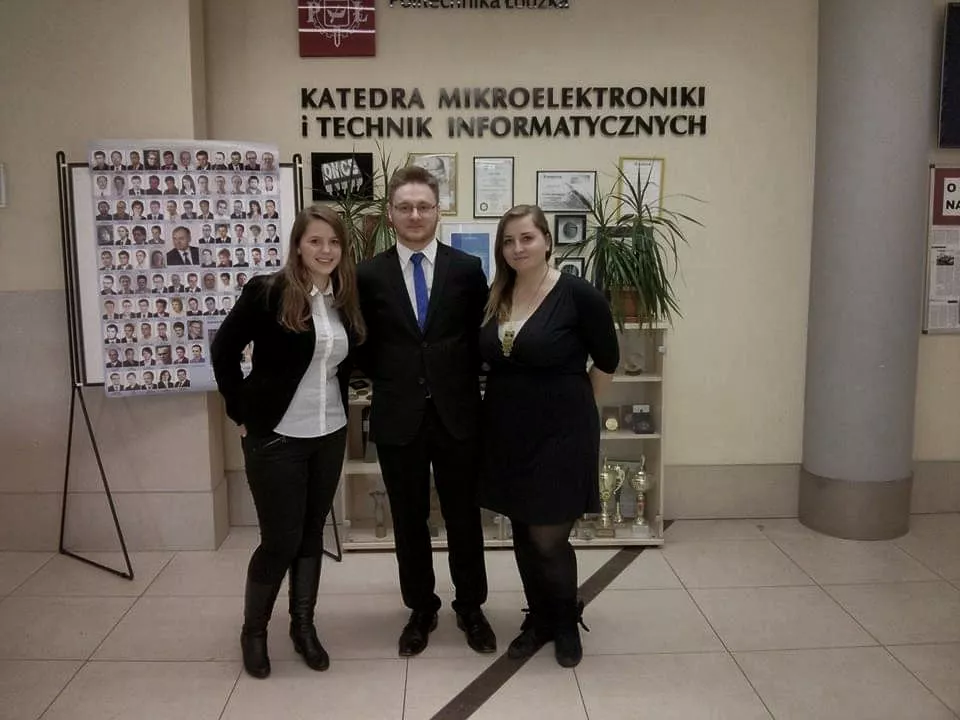
The programme enabled collaboration on a wide variety of commercial projects. I worked for the multinational ABB, where I created dedicated IT products for conference participants. For example, during a software conference, we developed a mobile application that provided information about the agenda, speakers, speech topics and lunch breaks. We also developed a solution for quick registration - after scanning a participant's QR code, an ID badge was immediately printed for them. Yet another project was a system that, during the conference, displayed on screens posts about the event posted on all social media at that moment. Such experience is priceless. Lodz University of Technology already helps students during their studies to get in touch with future employers and this, in my opinion, is one of the greatest advantages of Lodz University of Technology.
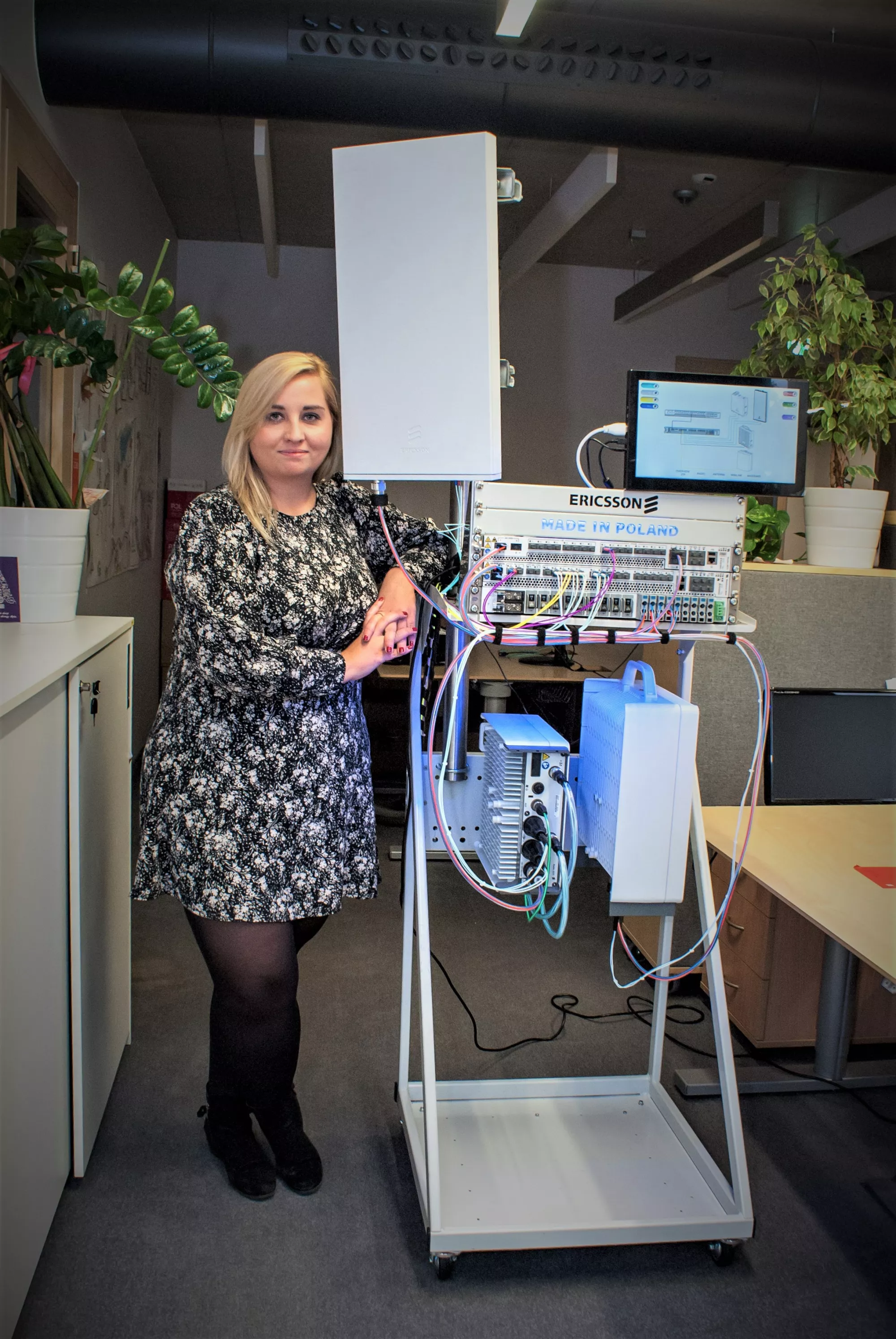
During your studies, you benefited from the Erasmus+ student exchange programme. Where did you go and what did you learn abroad?
Yes, studying isn't just about learning, it's also a fantastic adventure. I went to the University of Ghent in Belgium. It was a kind of life lesson. The Belgians have their own specific culture, a different approach to various topics, including new technological developments. In addition to accepting diverse views, I learned above all how to communicate efficiently with people. The confidence in English I gained during the trip helps me in my current job, which I do in an international environment.
After graduation, you started working for a leading manufacturer of new technologies and information systems. How did you end up at Ericsson?
Ericsson is growing rapidly and is looking for employees to prepare new products. I heard a lot of good things about this company from friends who worked there. I went for an interview for an internship and I have stayed there until today. Nowadays, virtually everyone uses mobile networks. It is nice to be aware that at least in a small part you can contribute to the reality around you. Above all, Ericsson gives me the opportunity to participate in complex projects that are crucial for the entire telecommunications industry.
You have worked on 2G, 4G and now 5G networks. How are the specifics of working on these networks different?
The difference in working with these technologies is mainly that the products are at a completely different stage of development. The 2G network has been commercially on the market for many years, so there is less focus on introducing new functionalities and more on maintaining the product, i.e. solving problems reported by customers and creating specific solutions for specific ordering parties. Working on 5G looks completely different, the product is just entering the market, so here you work on developing new functionalities.
What 5G network functionalities are you currently working on?
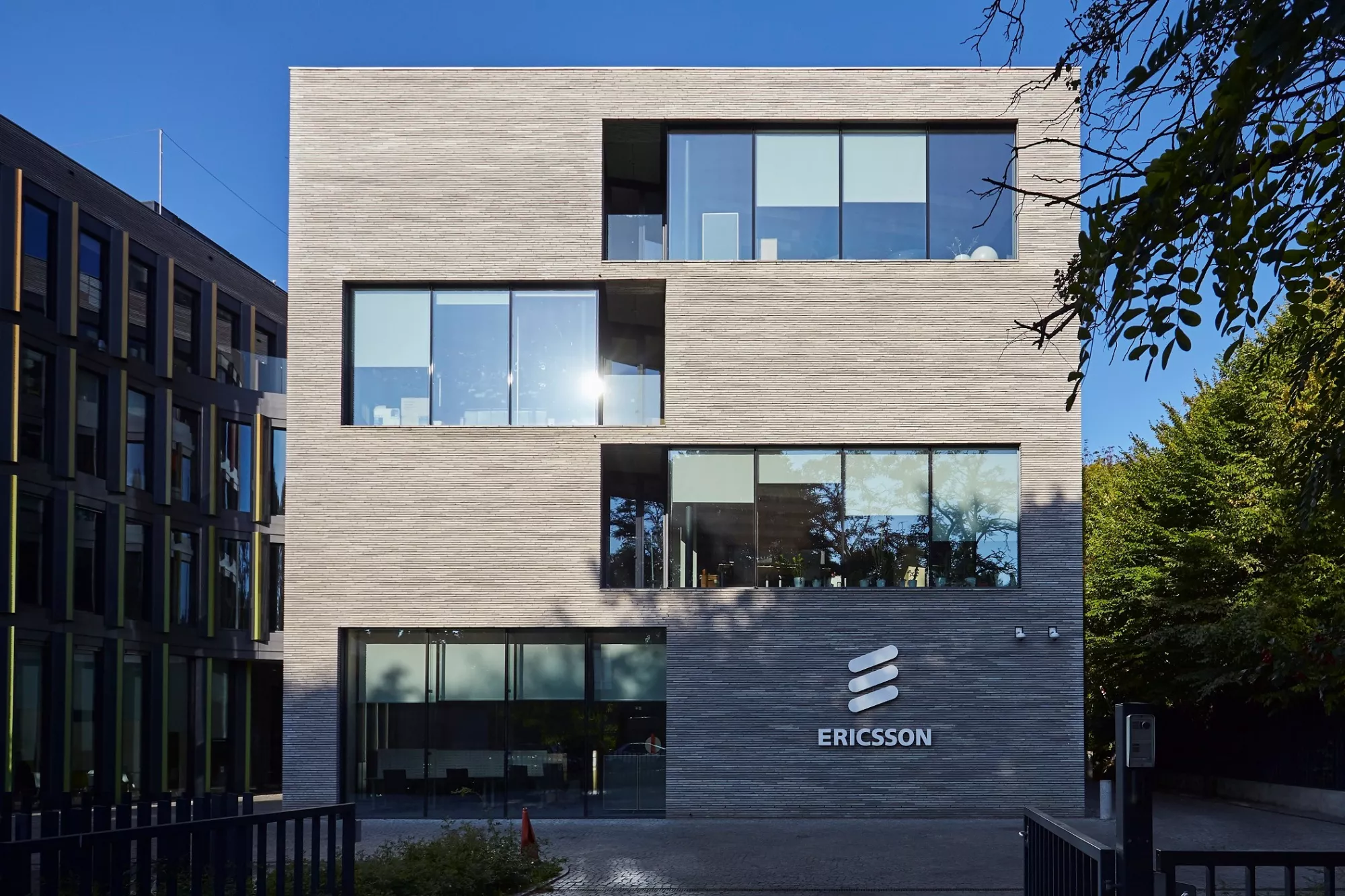
I am now dealing with the implementation of one of the network nodes in 5G technology. The node decides whether a device can connect to the network or not because, for example, it is on a list of devices reported stolen. Each operator has its own lists of 'banned' IMEI (International Mobile Equipment Identity) numbers. Once a number is on the list, it does not get access to the network. The work on the 5G network is very inspiring. The fifth generation of mobile technology is characterised by faster transfer rates and lower latency. It enables solutions such as self-driving cars and new smart home features.
Interviewee: Dr Aleksandra Pawlik
Graphics: Filip Podgórski
Photos: Ericsson and private archives of the protagonist
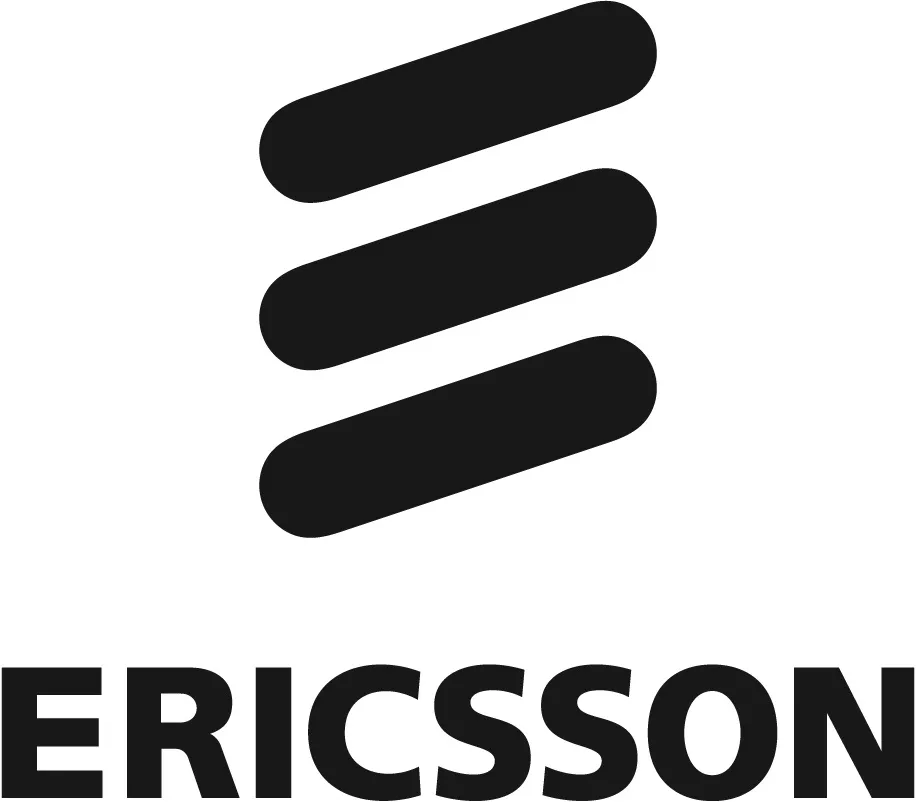
Ericsson is one of the largest ICT companies at the forefront of 5G deployment. In Poland, it works with mobile network operators and is the second largest Ericsson R&D centre in the world. In Lodz, it is involved in software development in the area of radio access, mainly in C++.
